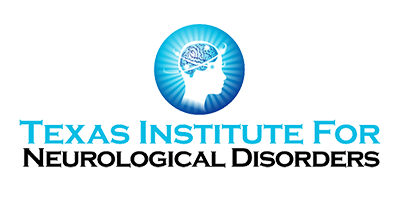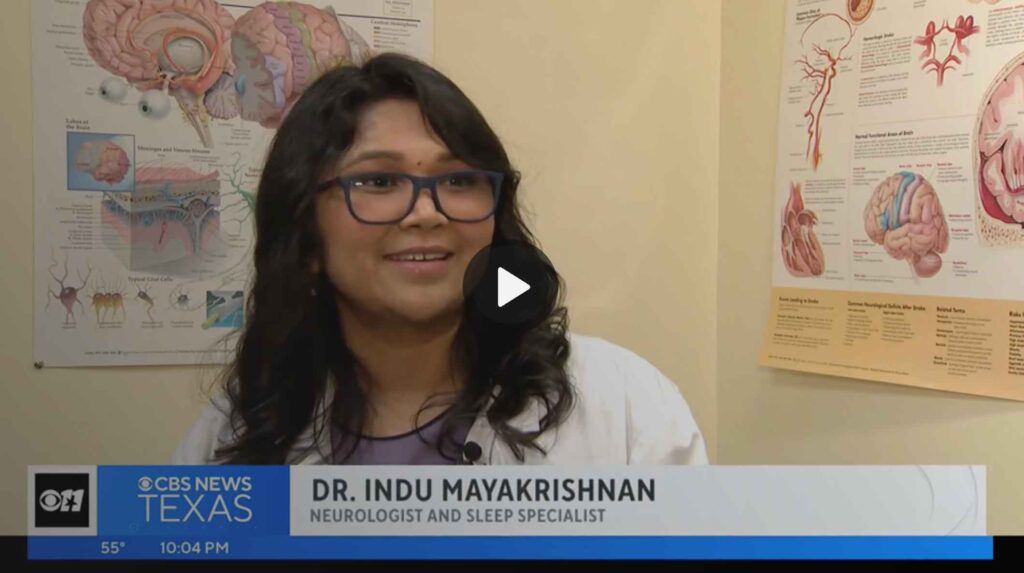Publication: CBS 11 News DFW
March 12, 2023
TIND’s Dr. Indu Mayakrishnan recently appeared on CBS News DFW to discuss the impact of Daylight Saving Time on sleep and how viewers can make the transition easier. Daylight Saving Time (DST) affects our circadian rhythms, as light and darkness play a crucial role in our internal clocks. Changing the clocks by just one hour can cause misalignment with our body clock, making it difficult to adjust and function as we normally would.
Dr. Indu, a sleep specialist and TIND neurologist, pointed out that DST not only affects our sleep, but it can also affect our heart and brain, increasing the risk of heart attacks, strokes, and motor vehicle accidents. Those with unusual work schedules and existing sleep disorders are the most affected.
However, thankfully there are ways to help the body adjust. Dr. Mayakrishnan recommends going to bed 15 to 20 minutes earlier and getting at least seven hours of quality sleep each night. Minimizing bright light exposure in the evenings is also recommended, as darkness helps us fall asleep.
The American Academy of Sleep Medicine has been pushing for the elimination of DST, and Dr. Mayakrishnan is in agreement with that. She hopes Congress will listen to the appeals and switch to a permanent standard time that aligns with our internal clock.
In conclusion, DST can have a significant impact on our health, but by following these tips, we can make the transition easier and improve our sleep quality. For more information on Dr. Mayakrishnan’s insights and sleep tips, please check out her CBS News DFW interview: https://www.cbsnews.com/texas/news/sleep-expert-gives-tips-for-surviving-the-daylight-saving-time-change/

